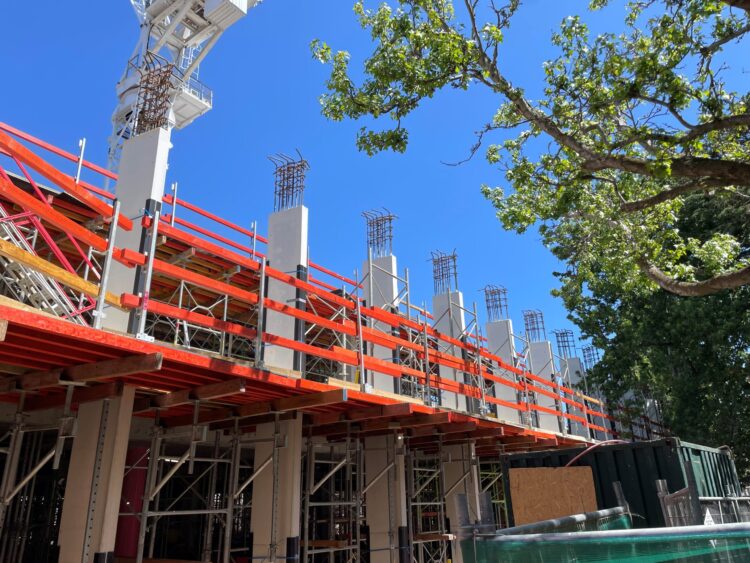Designed to meet project specifications, Special Class mixes are designed to achieve high early strengths. Special class high strength & high slump concrete mix designs are used commonly on large construction sites from high rise buildings, dams and spillways, roads and bridges to public works infrastructure.
Metro Mix Concrete is able to work directly with project engineers to create specified mixes to suit any project needs.
